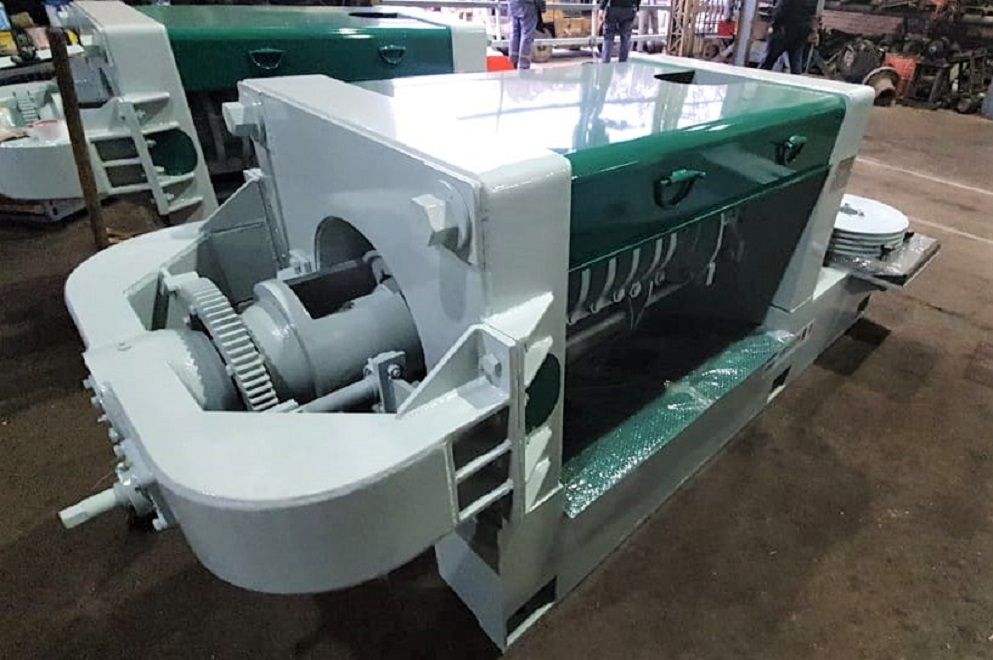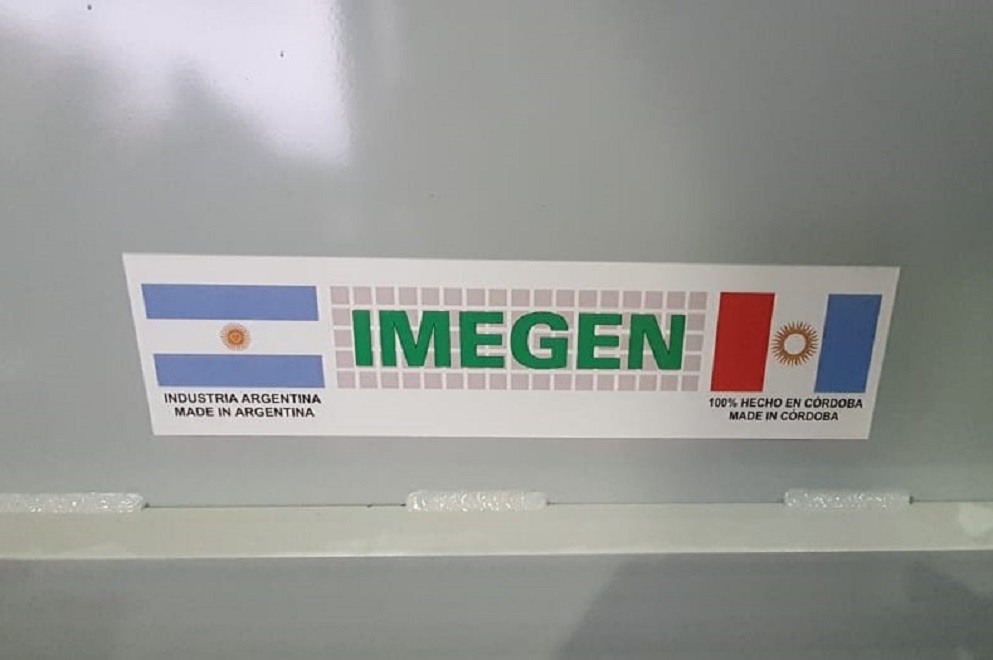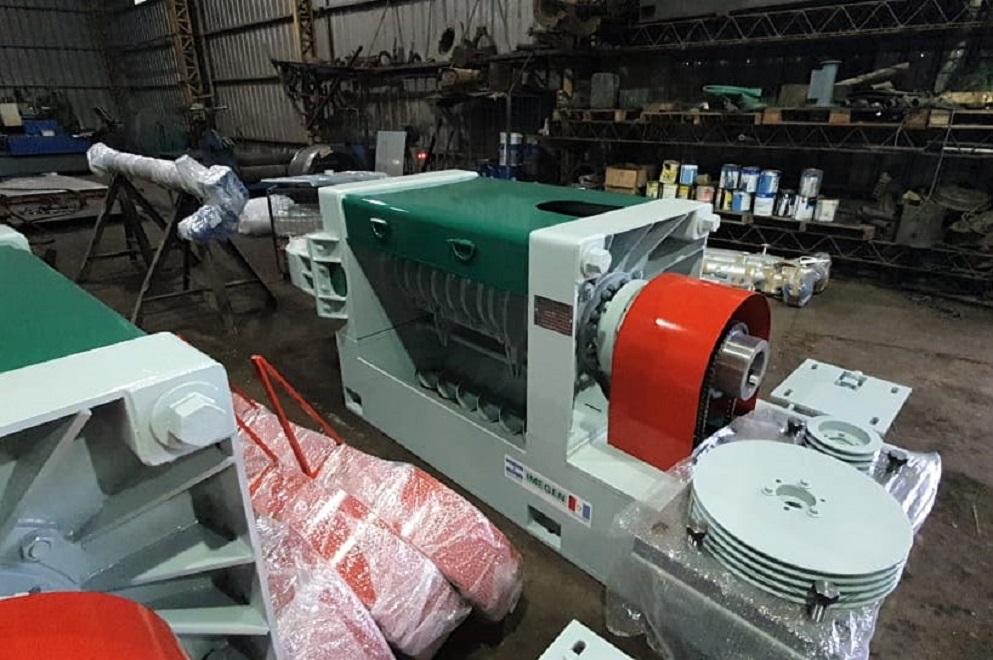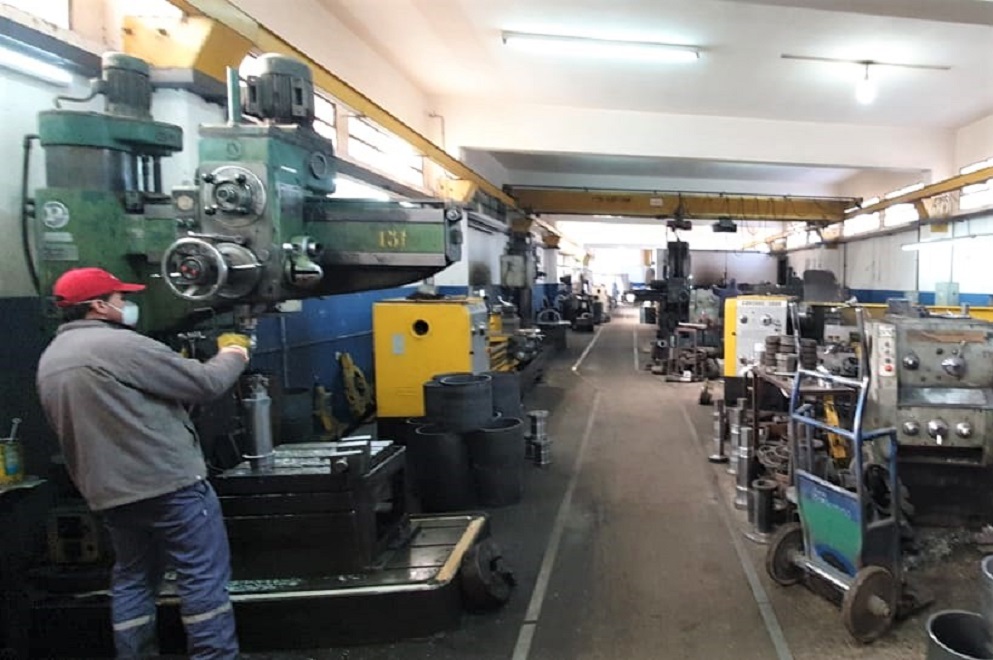
- IMEGEN, a metallurgical SME from Tancacha, is fostering the development of the agro-industry, thanks to its export experience with South Africa.
- The company works to transform agricultural production in African countries, offering its technology and know-how.
- The Ministry of Foreign Affairs sees Africa as a key market when it comes to increasing export and overcoming the fallout of the pandemic.
Industria Metalúrgica Gentili (IMEGEN) is a family company based in Tancacha with a long track record in the agro-industry. It has manufactured equipment and machinery such as presses, extruders and coolers, for seed processing.
The company has a strong presence in the national market and has installed a large number of processing plants for clients in different provinces, mainly in those that produce by-products such as soybean expeller, or which are home to oil and milling industries.
Oscar Gentili, a company leader together with his two brothers, talked about their first steps in the international markets: "Our latest shipment to South Africa was in July. It consisted of machines for processing grape seeds, from which you obtain edible oil, and which generates a product with a high added-value. At first, our connection with South Africa was possible thanks to our trade relation with Chile, home to important vineyards, and a market with which we've conduct exports for 12 years."



The company also has clients in Bolivia and Mexico, and has high hopes for the Paraguayan market, where they are on the brink of closing deals with buyers, although the current international situation has slowed down the process.
In 2018, IMEGEN participated in a trade mission organized by the Provine of Córdoba to South Africa. It joined a delegation comprisinv several industrial entrepreneours from various chambers. On that occasion, the Ministry of Industry, Trade and Mining worked together with the Ministry of Agriculture, the National Institute for Agricultural Technology and the National Institute of Industrial Technology, and executed a cooperation agreement with South African authorities. The purpose was to develop the sowing and processing of soybean, offering know-how, i.e. sharing knowledge about the technologies which can be applied to optimize production and installing, running and maintaining processing plants.
Later, in 2019, the company joined yet another trade mission organized by ProCórdoba Agency, which visited Mozambique, a market which had been identified as strategic.
Córdoba Exports More
One of the company leaders referred to the potential of the African market, and said, "We have been working with South Africa for eight years, since we sold the first complete plant. Development is still in its early stages. We need to keep in mind that Córdoba by itself produces 15 million tons of soybean a year, whereas South Africa's yield is less than 2 million tons. The African market holds tremendous potential for Argentina, especially for the Cordobese industry, whose range of industries covers from soil preparation to seed processing.
A few weeks ago, Minister of Industry, Trade and Mining Eduardo Accastello participated in the launch of the Public-Private Council for the Promotion of Exports. During the event, he explained that one of the administration's priorities the moment the pandemic is over is "the landing of Cordobese businesses in Africa, a market with great prospects and multiple opportunities for our production. Córdoba Exports More - that's our goal, which is in line with the Ministry of Foreign Affairs' vision of increasing exports by 20 thousand million dollars. We want Córdoba to be a large contributor to that increase, and that's the goal we will work to attain."
Finally, Gentili looked back on the work done and shared, "It is extremely important to approach foreign markets with the support of the Government, in order to strengthen agreements and count on that sort of backup. SMEs like ours do not generally have a foreign trade department, which means that ProCordoba is fundamental to success, since it is very well connected with embassies. There is a lot of work behind the scenes. It's not just about organizing a mission, but doing the research, accompanying businesses, providing assistance."

